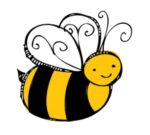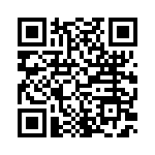To stream or not to stream in structured reading and spelling lessons?

‘Streaming’ is a dirty word in education, but so was ‘phonics’ not all that long ago. We think that general beliefs about streaming (ability grouping) deserves a rethink. What if we consider ability grouping from a standpoint of targeted reading and spelling instruction? Does differentiation offer what it promises, or is it a poor remedy for low-quality teaching and high-variance curriculum? And, given the huge variance of basic literacy skills in most Australian classrooms, can we really teach all students reading and spelling at grade level?
Playberry Laser T1-2 Newsletter 5
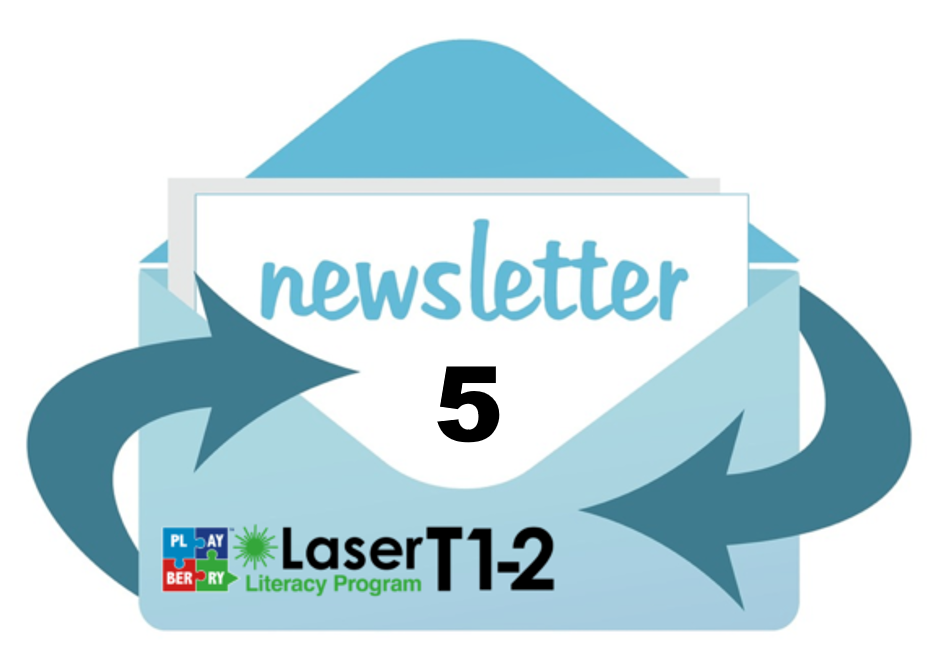
In this edition:
To Stream or Not to Stream? … Tier 2 Training … Phase 0 Training … Literacy Leaders” Session … NEW Phase 2 Structured Writing Resources …
… Explicit Maths Program (EMP) Discount … Ollie Lovell & Craig Barton Maths PD discount … Tier 2 Games Packs Pre Orders … Extra Reading Revision Slides and Worksheets (Phase 1 and 2)
Playberry Laser T1-2 Newsletter 4

In this edition:
Tier two progress monitoring … Tier 3 Intervention …When to start Playberry-Laser: YESTERDAY! … When can we allow students to read non-decodable books? … Upcoming Nuts and Bolts training… Explicit Maths Program (EMP) Discount … Ollie Lovell & Craig Barton Maths PD discount…New teacher tips…
Playberry Laser T1-2 Newsletter 3
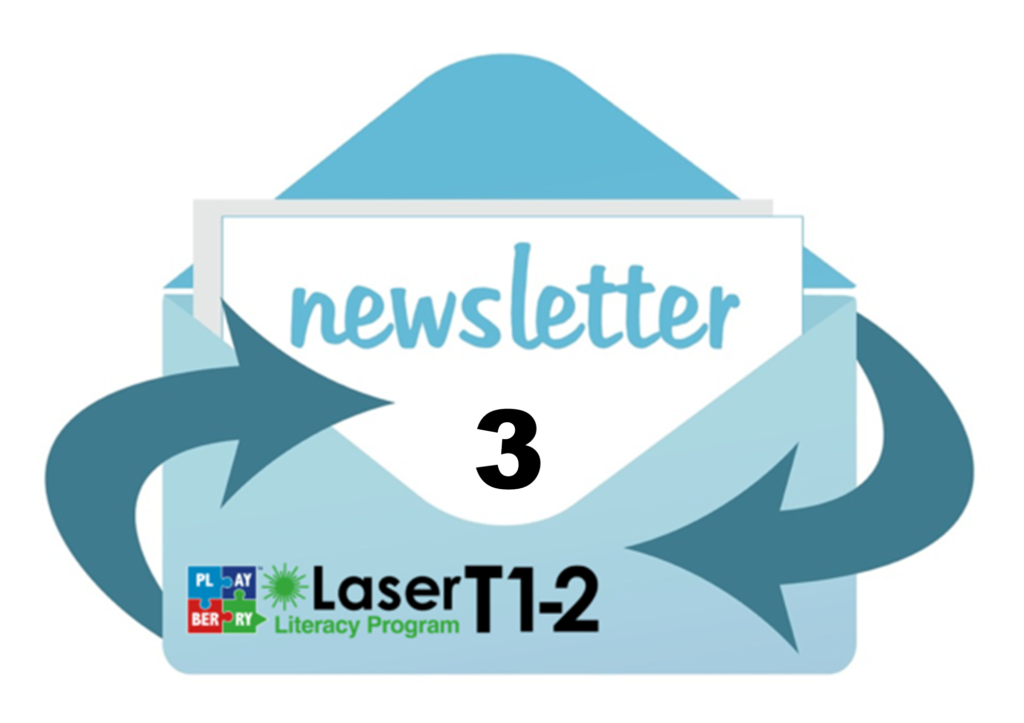
In this edition:
Tier 2 resources facelift, Changes to the platform, Updated phase spreadsheets and assessments, Explicit Maths training with Dave Morkunas.
Playberry Laser T1-2 Newsletter 2

In this edition:
Assessment: There’s tests and then there’s tests! …
The difference between assessing reading and spelling…
New Assessments on the platform…
Pure Sounds: avoiding schwabecues
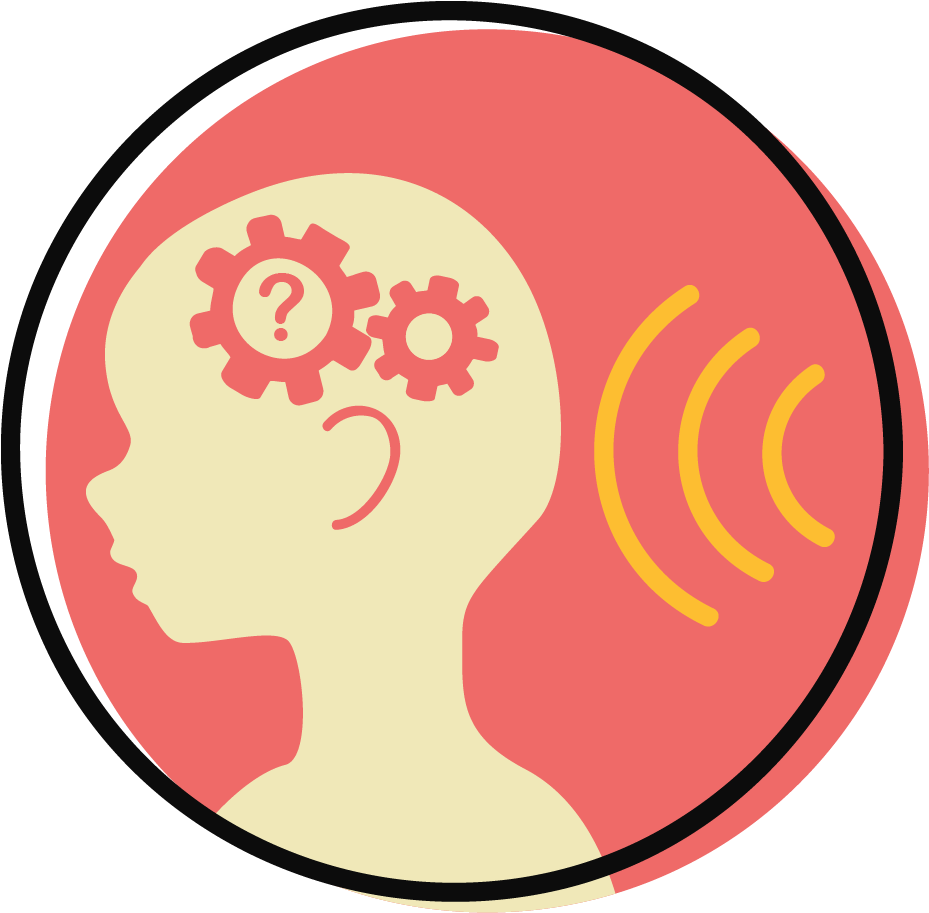
Pure sounds are crucial to forming accurate mental representations of speech sounds (phonemes). Most of us have taught from programs that are a little sloppy on phoneme pronunciation and have formed not-so-great pronunciations. This video covers some of the trickier phonemes and their pronunciations in Playberry Laser T1-2. Some schools use this video in staff meetings to get sounds pure and have a good laugh at each other! Some teachers show this to students, and some even send it home to parents.
Playberry Laser T1-2 Newsletter 1

In this edition:
Additive Blending in Phase 1 …
Teaching Heart Words Well …
2025 Training Dates …
Phase 0 Has Lift-Off! …
Lesson Videos ….
We Have a How-to Section
The downside of a quick start in structured literacy
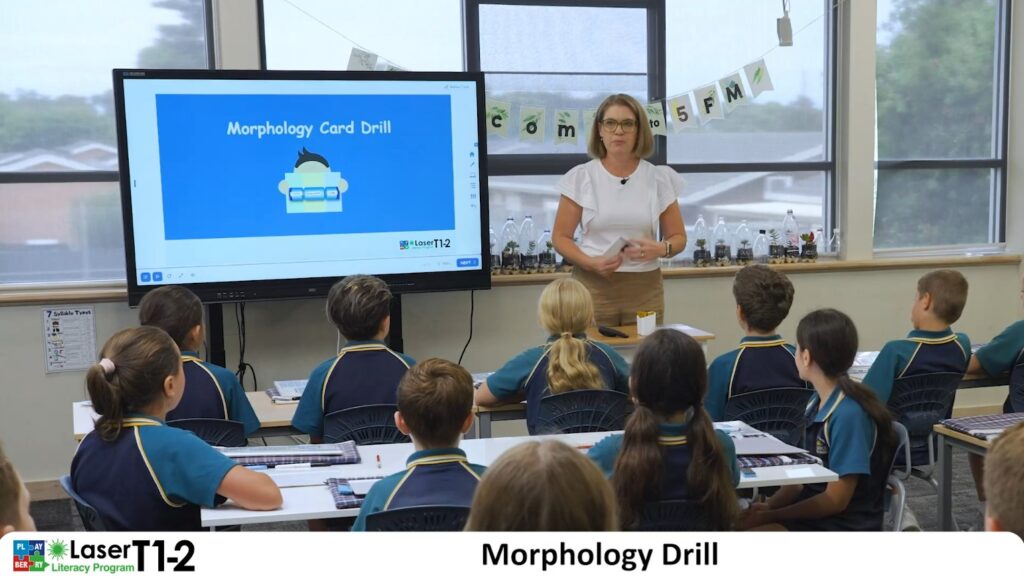
Playberry Laser has freed teachers from having to create materials so they can get on with the job of teaching. This has a downside. When teachers are provided with materials, they miss the learning that comes with designing the instructional materials and because of this, miss important learning about ‘why’ of the ‘how’ we ask them to teach. This places a huge importance on leaders to know how the materials are to be used and to set up cycles of observation and feedback with teachers.
Leaders, where is where your schools need you to get brave!
Why teach spelling rules?
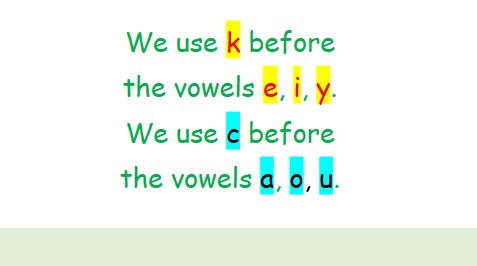
There’s been some conversation recently about structured literacy programs that don’t teach the most important spelling rules (generalisations) to students. This leads to the broader debate about whether spelling rules are an unnecessary distraction, and whether just teaching ‘more common’ and ‘less common’ spelling patterns is the way to go.
In this post, I discuss why we at Playberry Laser T1-2 and Playberry T3 believe spelling rules are an important part of literacy instruction, and why failing to teach them dooms too many students to ‘safe choices’ when it comes to writing.
Handwriting – Why Bother with Cursive?

Anna Gillingham (the ‘G’ in ‘OG’) advocated teaching cursive from the beginning and many specialist schools for students with Dyslexia do the same. In many European countries, cursive is taught from the beginning of schooling. In Australia, just mentioning cursive to a room of teachers will draw out all sorts of strong opinions and sometimes heated debate. Regardless of a school’s position on the teaching of cursive, we advocate for a school-wide approach to teaching handwriting.
Consistency is the greatest gift schools can give students when it comes to handwriting.


